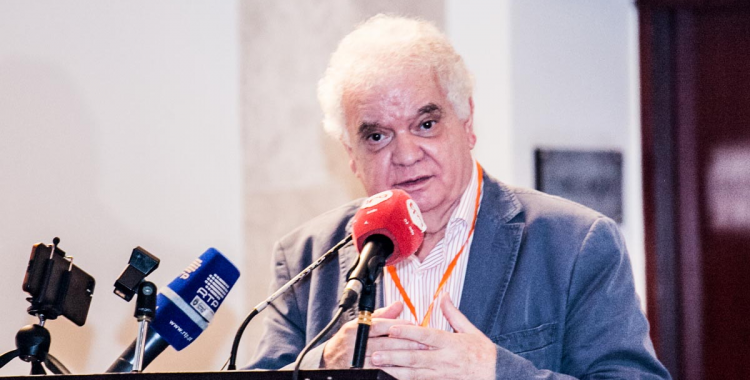Showing himself “very pessimistic” regarding the economic and social situation in Angola, due to the lack of economic policies aimed at changing the fundamentals of the economy, he recalled that he witnessed the proclamation of Angola's independence by the first president, Agostinho Neto, on 11 November 1975, and it was at that time that he began to hear about the need for diversification of the economy.
"Forty-five years later, the economy does not even show faint signs of diversification", he highlighted, in the presentation session of the Deloitte study "Banking under analysis".
The economist recalled that, in 2010, diversification entered the official discourse and was considered, by the Government of the time, as “the panacea” for Angola's economic problems and ten years later a balance was made and “a member of the Government solemnly declared that in these ten years the diversification of the economy was nothing more than rhetoric ”.
"It is very difficult to believe that economic policies are oriented in this direction," said the director of the Center for Studies and Scientific Research (CEIC) at the Catholic University of Angola (Ucan).
Alves da Rocha also wondered about the role of banking, especially credit to the productive sector, asking who will be produced and who will be consumed, in a country where the average monthly salary is around 250 dollars and minimum around $ 42 and 42 percent of the population is poor.
He stressed that all measures have been taken to increase production, without any incentives for demand.
Regarding the reduced granting of credit by banks, which recently led to the imposition of fines by the National Bank of Angola for not complying with the stipulated limits, the economist stressed that the banks act "in defense of what is not theirs" and "decided to be very cautious ”in granting credit, but they are also penalized when they grant credit that turns out to be impaired.
“I did not find an answer to this dilemma in the General State Budget report, added Alves da Rocha, who rejects the idea that economic growth happens with the stabilization of macroeconomic indicators, and defended“ a balance ”between the two.
For the economist, there is also a “wrong approach” to the informal market, as this sector has never been considered in its social component, but only in the logic of increasing the state's tax revenues.







